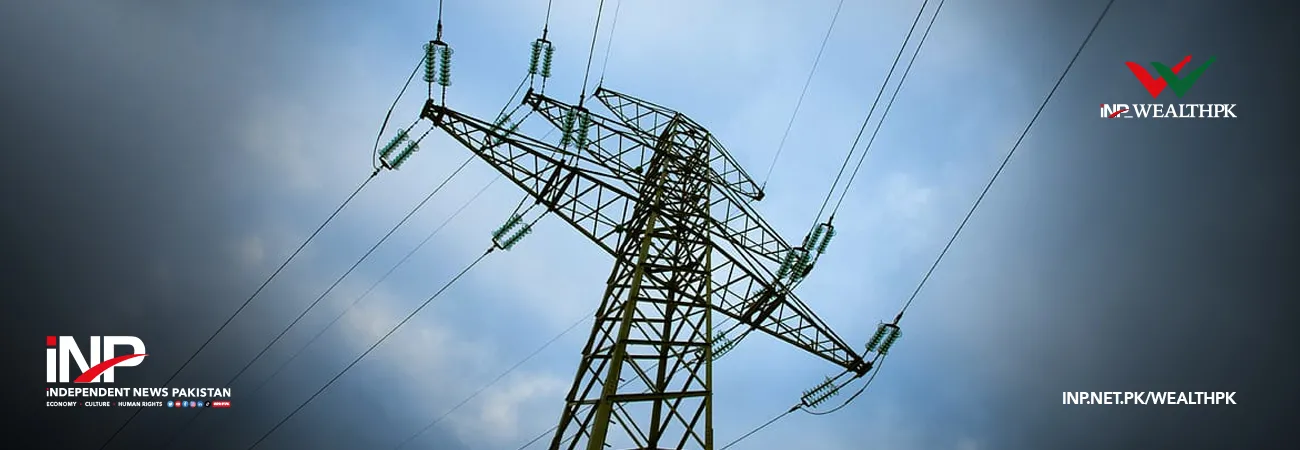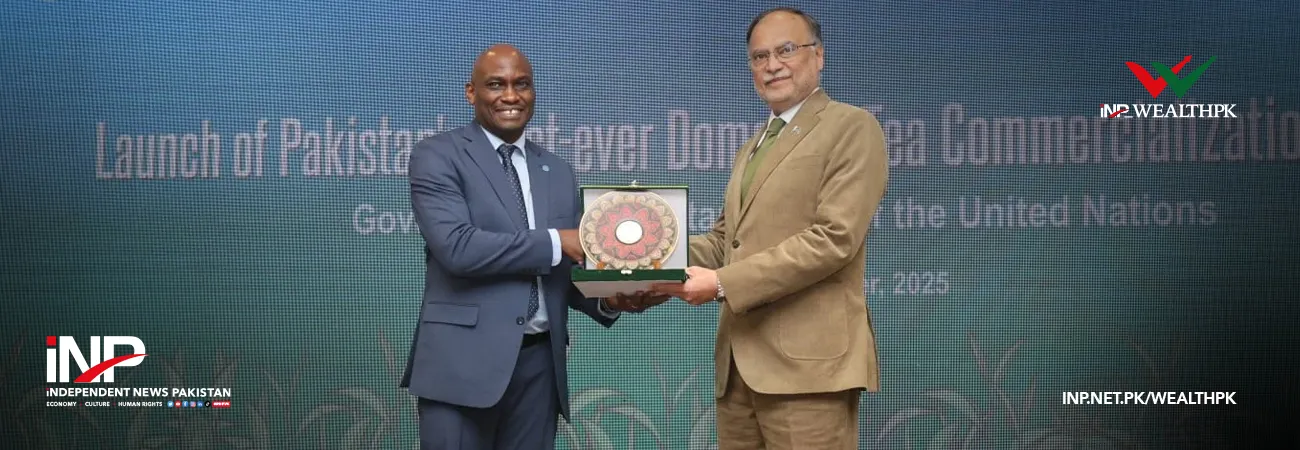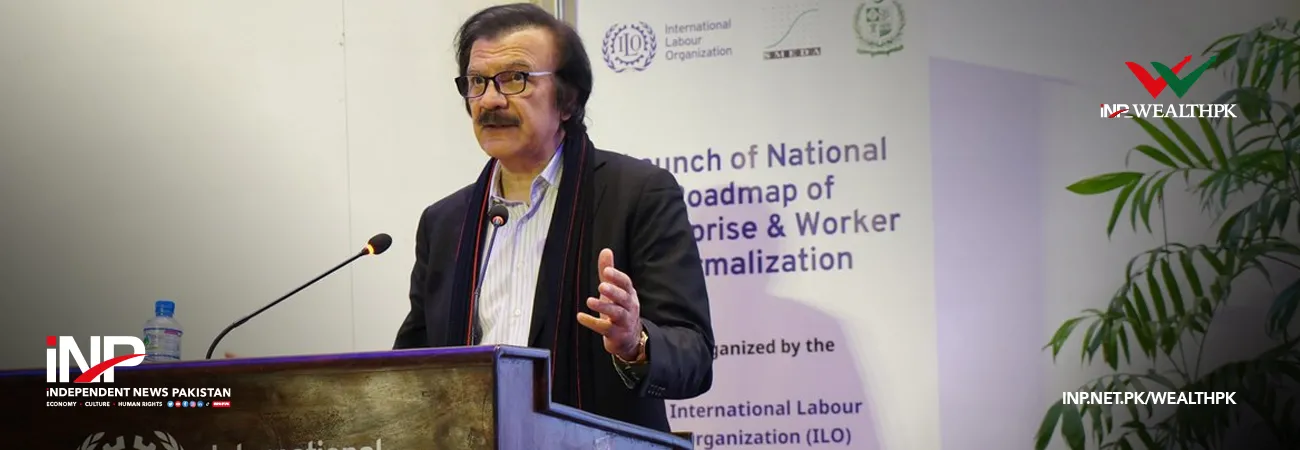INP-WealthPk
Amir Saeed
Any termination of contracts with the Independent Power Producers (IPPs) would have little impact on power tariffs in Pakistan, but the move would rather have deep implications for the country’s energy sector. Talking to WealthPK, Kaiser Bengali, former economic adviser to the Sindh government, highlighted that IPPs played a vital role in increasing the country’s electricity generation capacity during the 1994 power crisis. He cautioned that the government needs to consider the impact of terminating IPPs contracts. “Estimates indicate that customer prices would only drop by about Rs1 per unit if all of the 1994 and 2002 IPPs were to be immediately discontinued without paying the contractors any compensation,” he explained. The total capacity payments to IPPs in FY24 amounted to Rs2,139 billion, with only 4.3% paid to 1994 IPPs and 3.4% to those from 2002. According to these percentages, the cancellation of the old contracts would not significantly change the overall financial picture of energy procurement as they make up a small portion of the total capacity payments.
“Consequently, the realignment of contracts and the proposed revisions for newer IPPs appear more strategic than financial, aiming to create a more sustainable energy environment,” Bengali pointed out. Talking to WealthPK, Dr Anwar Shah, a development economic researcher at Quaid-i-Azam University, Islamabad, said that it is noteworthy that the discussions around the termination of 1994 IPPs did not include government-owned power projects or other newer initiatives. “This omission indicates a targeted focus on older contracts, likely driven by the government's desire to simplify obligations without risking critical new investments essential for future energy stability. Such a selective approach suggests a careful strategy to maintain strong partnerships in the energy sector.” He lamented that there are difficulties facing the country’s energy sector that go beyond the IPPs’ contractual obligations. “Concerns about significant transmission losses, inefficient distribution, and the requirement for technology advancements continue to be pressing,” he said.
Bengali pointed out that any short-term financial benefits for customers would certainly be undermined by these systematic concerns, which would likely drive rates higher despite the potential savings from terminating older contracts. “Therefore, to control energy expenses and boost overall efficiency, a comprehensive strategy is required.” He said that the government’s proposal to revise terms for the 2002 IPPs indicates an attempt to balance interests between producers and consumers. “By renegotiating terms rather than terminating the contracts, the government may aim to ensure that energy generation remains viable while still addressing consumers’ concerns. This strategy might promote a more sustainable energy policy that satisfies the needs of every stakeholder.”
Credit: INP-WealthPk













